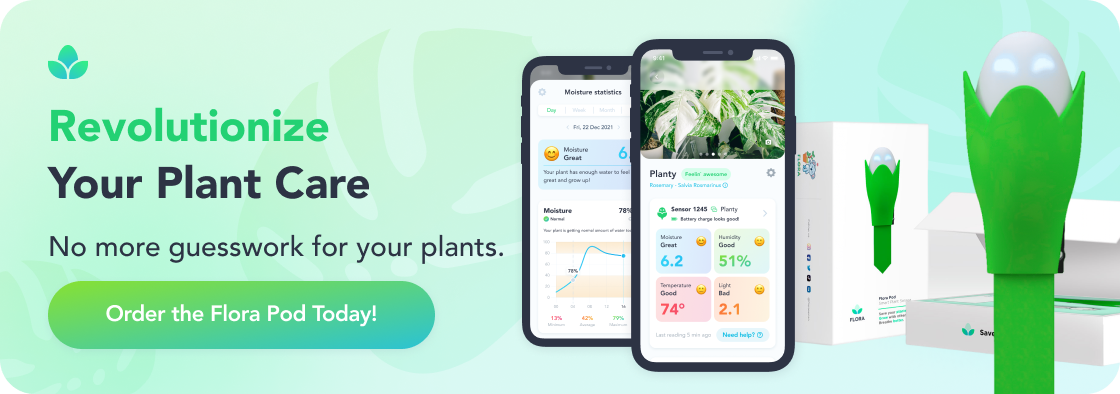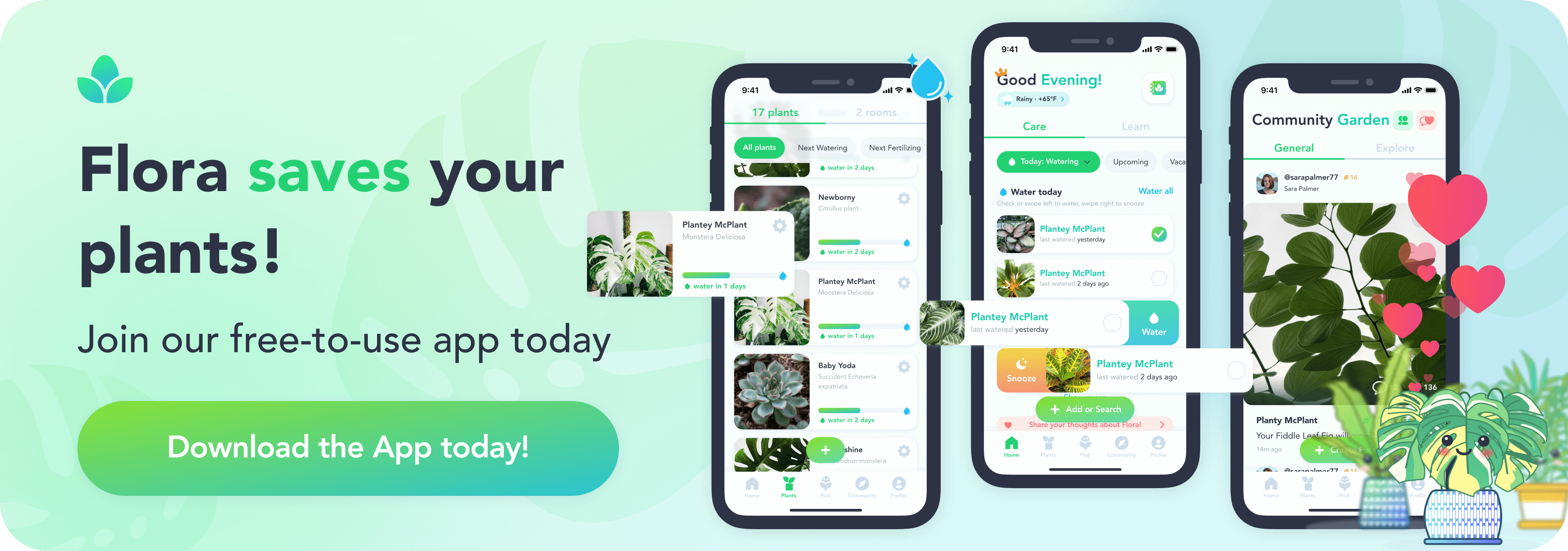Are Pumpkin Seeds Good for You? Benefits and Nutrition

Are pumpkin seeds good for you? The answer is a resounding yes. Packed with protein, healthy fats, and essential minerals like magnesium and zinc, pumpkin seeds offer impressive health benefits. From promoting heart health and supporting blood sugar control to enhancing sleep and immune function, these nutrient-dense seeds deserve a spot in your pantry. Whether you’re looking for a healthy snack or a versatile ingredient for meals, pumpkin seeds provide a simple way to improve your overall well-being.
Nutritional Profile of Pumpkin Seeds
Pumpkin seeds, often overlooked, pack a significant nutritional punch. These small seeds are rich in essential nutrients, making them a powerhouse of health benefits. Each serving of pumpkin seeds provides a balance of macronutrients and micronutrients that cater to a variety of dietary needs.
One of the standout features of pumpkin seeds is their protein content. For every 28 grams (about a handful), these seeds offer approximately 7 grams of protein, making them an excellent snack for muscle maintenance and growth. They are also a good source of healthy fats, particularly omega-6 fatty acids, which support brain health and cellular functions. Additionally, their carbohydrate content is minimal, making them suitable for low-carb diets.
Micronutrient-wise, pumpkin seeds are an excellent source of magnesium, a mineral essential for over 300 biochemical reactions in the body, including muscle and nerve function. They also contain zinc, which plays a crucial role in immune system support and wound healing, and iron, which is vital for red blood cell production. The seeds are also rich in antioxidants like vitamin E and phenolic acids, which combat oxidative stress and inflammation.
The nutritional composition of pumpkin seeds makes them a versatile addition to your diet, whether you're seeking to improve your heart health, boost your energy levels, or support your immune system. They are also naturally gluten-free, making them accessible to individuals with gluten sensitivities or celiac disease.
8 Health Benefits of Pumpkin Seeds

Pumpkin seeds, often referred to as "pepitas," are a treasure trove of health-boosting nutrients. From supporting vital bodily functions to combating chronic illnesses, these seeds offer an impressive range of benefits. Their nutrient profile, coupled with bioactive compounds, positions them as a functional food worth incorporating into your daily routine.
1. Promotes Heart Health
Pumpkin seeds play a significant role in maintaining cardiovascular health. Their rich magnesium content supports heart rhythm, lowers blood pressure, and aids in the prevention of heart disease. The seeds also contain phytosterols, plant compounds that help reduce bad LDL cholesterol levels. Additionally, the antioxidants present, such as vitamin E, combat inflammation and oxidative stress, both of which are risk factors for heart disease. Consuming pumpkin seeds regularly can help ensure optimal cardiovascular function and protection against chronic conditions.
2. Supports Prostate and Bladder Function
Pumpkin seeds are particularly beneficial for men’s health, owing to their high zinc content and potent antioxidants. Zinc is essential for maintaining a healthy prostate gland and may help reduce the risk of benign prostatic hyperplasia (BPH), a condition common in aging men. Research indicates that pumpkin seed oil may alleviate urinary symptoms associated with BPH. Additionally, these seeds promote bladder health by reducing inflammation and supporting the integrity of the bladder wall, offering relief for those with overactive bladder syndrome.
3. Enhances Sleep Quality and Mood
Tryptophan, a naturally occurring amino acid in pumpkin seeds, is a precursor to serotonin—a neurotransmitter that regulates mood—and melatonin, the hormone responsible for sleep. Consuming pumpkin seeds a few hours before bedtime can help boost your body's natural melatonin production, ensuring restful sleep. Additionally, the magnesium in pumpkin seeds plays a key role in stress reduction, helping to relax muscles and improve mood, which can further enhance sleep quality.
4. Strengthens Immune System
Your immune system relies on zinc for proper function, and pumpkin seeds are one of the richest plant-based sources of this essential mineral. Zinc supports the production and activation of white blood cells, which are crucial for defending the body against infections. Combined with the powerful antioxidant properties of vitamin E and other phenolic compounds, pumpkin seeds create a robust line of defense against illnesses.
5. Regulates Blood Sugar Levels
Pumpkin seeds can be a helpful dietary addition for managing blood sugar levels. The high magnesium content is particularly beneficial, as this mineral is involved in over 300 enzymatic processes, including the regulation of blood sugar and insulin. Studies have shown that a magnesium-rich diet can lower the risk of type 2 diabetes. Additionally, the fiber and protein in pumpkin seeds slow digestion, preventing sudden spikes in blood sugar levels and promoting steady energy throughout the day.
6. Promotes Skin and Hair Health
The combination of healthy fats, antioxidants, and zinc in pumpkin seeds makes them a great ally for your skin and hair. Zinc contributes to collagen production and wound healing, while antioxidants help protect the skin from damage caused by UV radiation and pollution. The oils in pumpkin seeds are also known to promote scalp health and strengthen hair follicles, reducing hair loss and improving overall hair texture.
7. Anti-Inflammatory Properties
Chronic inflammation is at the root of many health issues, including arthritis and autoimmune diseases. Pumpkin seeds contain powerful anti-inflammatory compounds, including omega-6 fatty acids and antioxidants, that help reduce inflammation in the body. This makes them especially beneficial for individuals suffering from joint pain or other inflammatory conditions.
8. Supports Bone Health
Magnesium, phosphorus, and zinc are all critical minerals for maintaining strong bones, and pumpkin seeds are an excellent source of all three. Magnesium aids in bone mineral density, reducing the risk of osteoporosis as you age. The seeds’ nutrient content makes them an easy and effective way to support long-term bone health, particularly for individuals on plant-based diets who may need additional sources of these minerals.
By incorporating pumpkin seeds into your diet, you can take advantage of these comprehensive health benefits. Whether as a snack or an ingredient in your meals, these versatile seeds are a nutritional powerhouse capable of enhancing multiple aspects of your health.
How to Incorporate Pumpkin Seeds into Your Diet

Pumpkin seeds are a versatile superfood that can enhance both the nutrition and flavor of your meals. Here are practical ways to add them to your daily diet:
- Sprinkle on Breakfasts
Add a handful of pumpkin seeds to your morning oatmeal, yogurt, or smoothie bowls. Their crunch pairs perfectly with creamy textures and boosts your intake of magnesium, protein, and healthy fats. Ground pumpkin seeds can also be mixed into pancake or waffle batter for added nutrition. - Toss into Salads and Soups
Elevate salads with a topping of roasted pumpkin seeds for a nutty flavor and satisfying crunch. They complement leafy greens, citrus-based dressings, and soft cheeses like goat cheese. For soups, sprinkle the seeds on creamy options like butternut squash or tomato to enhance texture and presentation. - Enjoy as a Snack
Roast pumpkin seeds with your favorite spices, such as paprika, garlic powder, or cinnamon, for a savory or sweet snack. They’re a convenient and nutrient-rich option for on-the-go snacking. You can also add them to trail mix with dried fruit and nuts for a balanced energy boost. - Blend into Smoothies or Energy Bars
Add pumpkin seeds or pumpkin seed butter to smoothies for an extra dose of healthy fats and protein. Incorporate them into homemade energy bars along with oats, dried fruits, and honey for a delicious snack that fuels your day. - Incorporate into Baked Goods
Use pumpkin seeds in baking to add flavor and nutrition. Sprinkle them on top of bread, muffins, or cookies before baking, or mix them into granola bars and crackers for a crunchy texture. - Use Pumpkin Seed Oil
Drizzle pumpkin seed oil over salads, roasted vegetables, or cooked grains for a nutty flavor and a dose of healthy fats. This oil retains many of the seeds’ nutrients and can add a gourmet touch to your dishes. - Create Savory Crusts
Grind pumpkin seeds into a fine powder and use them as a crust for proteins like chicken or fish. Mix the ground seeds with herbs and spices for a flavorful and nutrient-dense coating. - Combine with Other Superfoods
Mix pumpkin seeds with chia seeds, flaxseeds, or quinoa to create a nutrient-packed meal. They work well in grain bowls, on avocado toast, or in homemade granola mixes for an extra boost of vitamins and minerals.
By using these ideas, you can enjoy pumpkin seeds in countless ways, ensuring their nutritional benefits and flavor become a staple in your meals.
Potential Risks and Considerations

Pumpkin seeds are a nutritional powerhouse, but as with any food, there are some risks and considerations to keep in mind. Consuming them in the right amounts and under proper conditions ensures you reap their benefits while minimizing potential drawbacks.
Allergic Reactions and Sensitivities
Although pumpkin seed allergies are not very common, they do occur in some individuals. Symptoms of an allergic reaction can range from mild, such as itching and hives, to more severe issues like swelling of the throat, difficulty breathing, or anaphylaxis in extreme cases. Those with a history of seed or nut allergies should introduce pumpkin seeds cautiously, starting with a small amount to monitor for any adverse reactions. For individuals with sensitivities, symptoms like digestive discomfort or mild swelling might appear.
Caloric Density and Portion Control
Pumpkin seeds are calorie-dense due to their high fat content, even though most of these fats are healthy unsaturated ones. For every 28 grams (about one ounce or a small handful), you consume approximately 150 calories. While this makes them a great energy source, consuming large quantities without accounting for your overall calorie intake could lead to weight gain over time. Moderation is key—measure your portions and incorporate them thoughtfully into your meals to avoid excess calorie consumption.
Digestive Concerns and Fiber Content
Pumpkin seeds are rich in dietary fiber, which is beneficial for most people but may cause bloating, gas, or stomach discomfort in those with sensitive digestive systems or conditions like irritable bowel syndrome (IBS). Eating too many pumpkin seeds at once, especially if you’re not accustomed to a high-fiber diet, can overwhelm your digestive tract. To reduce these effects, gradually increase your intake and pair pumpkin seeds with plenty of water to support digestion.
Risk of Contamination and Rancidity
Pumpkin seeds, like other nuts and seeds, can become contaminated with mold or bacteria if improperly stored. Mold exposure can lead to the production of aflatoxins, which are harmful to health. Rancidity, caused by the oxidation of fats, can also render pumpkin seeds unpalatable and nutritionally inferior. To avoid these issues, store seeds in an airtight container in a cool, dry place or refrigerate them for extended freshness. When purchasing, opt for reputable brands and inspect seeds for any unusual smell, discoloration, or signs of moisture.
Interactions with Medications
Pumpkin seeds, particularly in concentrated forms like oils or supplements, may have diuretic properties, which can interact with certain medications. For individuals on medications for high blood pressure, heart conditions, or kidney issues, the natural diuretic effect of pumpkin seeds could intensify the effects of these drugs, leading to dehydration or electrolyte imbalances. If you are pregnant, nursing, or managing a chronic illness, consult your healthcare provider before significantly increasing your intake of pumpkin seeds.
Over-Salting and Additives
Pre-packaged pumpkin seeds often come salted or flavored, which can significantly increase sodium intake. High sodium consumption is linked to hypertension and cardiovascular problems, so it’s best to opt for unsalted or lightly salted varieties. Similarly, avoid overly processed versions with added sugars, artificial flavors, or preservatives that can diminish the health benefits of pumpkin seeds.
Choking Hazard for Young Children
Pumpkin seeds can pose a choking risk, particularly for young children or individuals with difficulty chewing. If serving them to young kids, consider grinding the seeds into smaller pieces or incorporating them into meals as a paste or powder.
By keeping these considerations in mind, you can safely include pumpkin seeds in your diet while avoiding potential pitfalls. Proper storage, moderate consumption, and mindful preparation go a long way in ensuring that these nutritious seeds remain a valuable and enjoyable part of your meals.
FAQs About Are Pumpkin Seeds Good For You
Are pumpkin seeds good for you if you’re trying to lose weight?
Yes, pumpkin seeds are nutrient-dense and provide healthy fats, protein, and fiber that promote satiety. When consumed in moderation, they can help control cravings and support weight management.
What are the main health benefits of pumpkin seeds?
The main health benefits of pumpkin seeds include promoting heart health, supporting prostate health, improving sleep, regulating blood sugar, and boosting the immune system due to their rich nutrient content.
How many pumpkin seeds should I eat in a day?
A daily serving of about 1 ounce (28 grams) of pumpkin seeds, which is roughly a small handful, is sufficient to enjoy their benefits without excessive calorie intake.
Can pumpkin seeds improve sleep quality?
Yes, pumpkin seeds contain tryptophan and magnesium, which help improve sleep by supporting the production of melatonin and serotonin, key for sleep regulation.
Are pumpkin seeds suitable for people with diabetes?
Pumpkin seeds are a great choice for individuals with diabetes as they are low in carbohydrates and high in magnesium and fiber, which help regulate blood sugar levels.
Incorporating pumpkin seeds into your diet can unlock a range of health benefits, from supporting your heart and immune system to improving sleep and digestive health. Their versatility makes them easy to include in everything from breakfast to baking, ensuring you can enjoy their nutrition without much effort. By consuming pumpkin seeds in moderation and being mindful of portion sizes, you can make them a valuable and enjoyable part of a balanced diet.
Fern's Leafy Learnings
Pumpkin seeds are rich in protein, healthy fats, magnesium, and zinc, supporting overall health and wellness.
Regular consumption of pumpkin seeds can improve heart health, prostate function, and immune system strength.
The seeds' tryptophan and magnesium content contribute to better sleep quality and stress reduction.
Pumpkin seeds help stabilize blood sugar levels, making them beneficial for individuals managing diabetes.
Consuming pumpkin seeds in moderation ensures their nutritional benefits while avoiding potential digestive discomfort or calorie overconsumption.
Deepen Your Roots with Flora
At Flora, we not only bring you a vibrant selection of locally sourced, rare, and delightful plants, but we also serve as your continuous guide in your plant parenting voyage, ensuring every leaf in your sanctuary thrives. With our Flora Pod™ technology and a nurturing community of over 250,000 plant lovers, we cultivate a space where every plant parent - novice or expert - can blossom.
We propagate with a commitment to sustainability, connection, and ceaseless growth, fostering a community where each member, and their plants, are cherished and nurtured.
Crave a lush, thriving green space? Adopt a plant from Flora today!
Flora Pod™ is featured on Shark Tank!

5 Signs Your Houseplant Needs Repotting Now
Mar 02, 2026
6 Anthurium Benefits You Didn't Know About
Mar 02, 2026

How to Prune Your Houseplants Before Spring Growth Season
Mar 02, 2026

10 Best Houseplants for Spring Repotting Success
Mar 02, 2026

Can ZZ Plants Survive in Low Light Conditions?
Mar 02, 2026

5 Critical Pre-Spring Pruning Tips for Houseplants
Mar 02, 2026

Can Succulents Survive Winter Outdoors in Your Climate Zone?
Mar 02, 2026

Which Houseplants Are Toxic to Cats and Should You Avoid Them?
Mar 02, 2026




